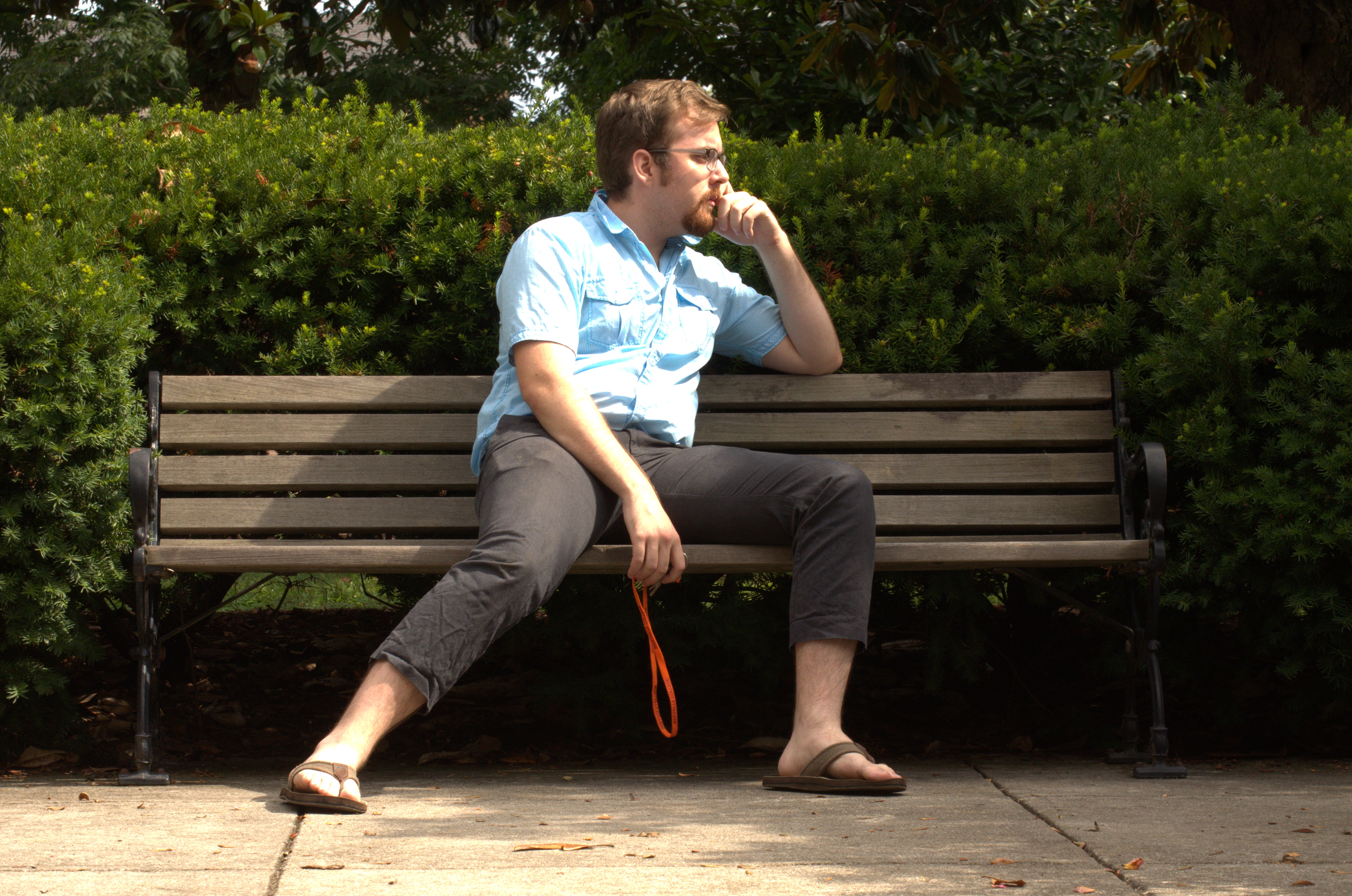TV beat: Geoff ‘Hollywood’ Bokuniewicz and Lynch’s ‘Twin Peaks’
When it comes to television comedy, “Seinfeld” is the uncontested gold standard.
Now, don’t get me wrong–there have been tons of great comedy shows over the year, from “Friends” to “The Office” to “All In The Family” to “I Love Lucy” to “Cheers” and on and on.
There’s a similar pattern for television drama. ”The Wire” is the clear number one, but adulation must be given to “The Sopranos,” “Breaking Bad,” “Mad Men,” “The West Wing” and others.
Lately, though, I’ve started watching David Lynch’s “Twin Peaks,” an episodic murder mystery set in the fictional town of Twin Peaks, Wa., that aired on ABC in the early 90s — and boy, is it fantastic.
The reason for the tangential exposition at the beginning of this article is to set up a key problem that I’ve been having while watching the show: I know it belongs on a list of the greatest television shows of all time, but I’m not sure if it belongs as either a comedy or a drama.
Part of the indecision stems from a general stupidity about categorizing shows into neat genres, a stupidity that I’m quite guilty of possessing.
Sure, shows take broad forms that are recognizable to viewers, and the excellent subversion of these forms couldn’t occur if the forms themselves weren’t relatively set, but we’re often too quick in society to declare something a “comedy” and definitely not a “drama.”
Some of the most effective twists of emotion of the last 20 years didn’t happen on dramas. They happened on episodes of “Friends” and “The Office.” Likewise, “Breaking Bad” would be a lot less rich if it didn’t have as many moments of humor as it did.
“Twin Peaks” is operating on a different level entirely, though.
If I had to choose, I would say that it’s meant as a comedy more than a drama, but the show is pretty darn dramatic and frightening, too. On pure comedy, its closest television sibling would probably be “Arrested Development,” in that it sets up long elaborate jokes over the course of several episodes and rewards attentive viewers.
And there’s a ton of dumb jokes. To wit: one of the recurring gags over the show’s run is the presence of doughnuts whenever a group of cops meets. Not a dozen doughnuts–we’re talking about three or four cops with about 100 or more doughnuts neatly organized into stacks on the table in front of them, often stretching the length of an entire conference table.
But the doughnuts are also a bit dramatic, too, especially when there’s a montage of several murder-related scenes melded with the faint background of a slow-pan camera shot of the doughnuts.
The show is so inherently confusing, and almost everything in the show is a symbol that means something deep (or so we’re led to believe) that it’s hard not to notice the doughnuts at the expense of everything else in the scene, especially when the joke feels like it’s repeated (literally) two or three times an episode.
On one hand, I’m inclined to believe that this is just David Lynch trolling viewers by associating these cops with doughnuts and stupidity–stupidity in that only the sheriff and the visiting FBI agent are seemingly of normal intelligence.
Whatever it is, though, it’s hilarious, effective, and unsettling, as is the lady that carries a log everywhere, a one-eyed lady who constantly yells about her drapes, a man who bleaches his hair white and sings constantly, and much more. Give it a watch.

